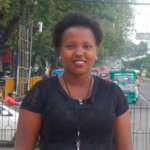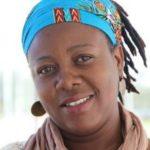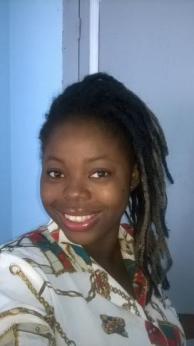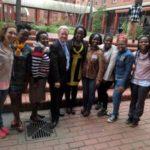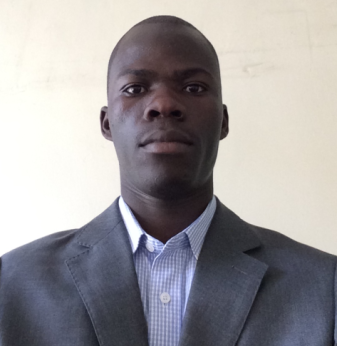I spent last week at the annual African School on Internet Governance – AfriSIG for short – which is organised by APC and the New Partnership for Africa’s Development (NEPAD). This post’s in two parts – the first about AfriSIG itself, the second some reflections on the issues raised.
What is AfriSIG?
First, let’s describe the School. Forty people from across the continent, from different backgrounds – government and business, civil society and media, technical and far from technical. All engaged with the Internet in…



